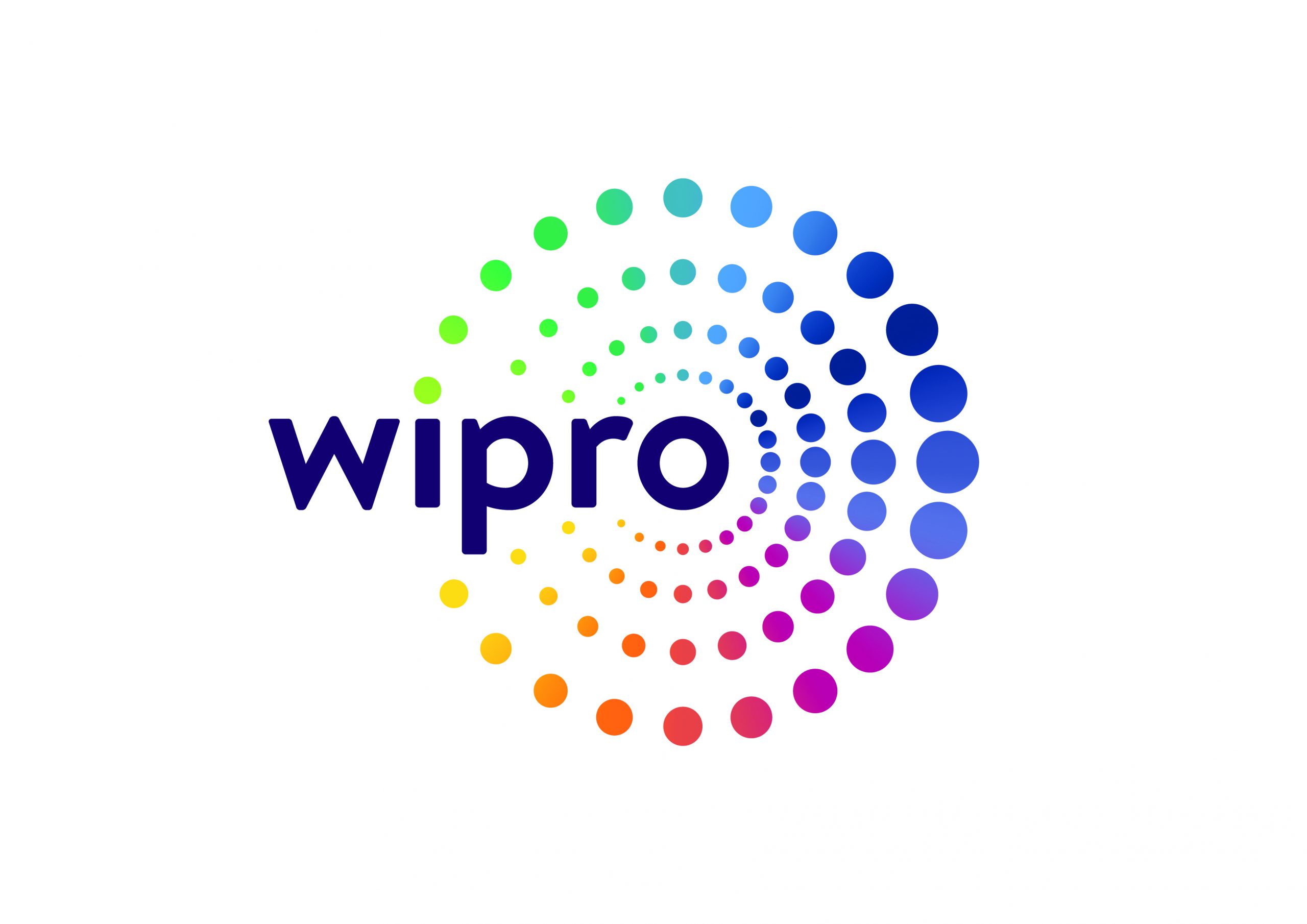Wipro joins World Economic Forum’s Partnership for New Work Standards initiative
Bangalore: Wipro Limited (NYSE: WIT, BSE: 507685, NSE: WIPRO), a leading global information technology, consulting and business process services company, today announced that it has joined the World Economic Forum’s Partnership for New Work Standards initiative to establish a healthy, resilient and equitable future of work. This initiative aims to co-create new frameworks, shape forward-thinking people policies and utilize tools and technologies to collectively build human-first work standards, with people at the heart of business.
Saurabh Govil, President and Chief Human Resources Officer, Wipro Limited said, “Companies around the world today are reinventing themselves so they can offer better employee flexibility, stability and security. Wipro is committed to advancing work standards for improved job quality, employee safety, and overall employee well-being. As we join the World Economic Forum’s Partnership for New Work Standards initiative, we hope to contribute to global discussions and behavioral change around work. This step demonstrates our willingness to contribute to collective action that helps build a sustainable and resilient future of work.”
Wipro has invested in its workforce, developed new ways of working, and created a more relevant and inclusive post-pandemic work environment to seamlessly transition to a sustainable future of work. The company is also undertaking initiatives to support and equip its people with dedicated programs for physical, social, financial and mental well-being. Read Wipro’s response, key insights and lessons from the COVID-19 crisis to foster employee engagement and mental health here: Resetting the Future of Work Agenda: Disruption and Renewal in a Post-COVID World.
Till Leopold, Head of Action Initiatives, Centre for the New Economy and Society at the World Economic Forum said, “As organizations transition from the COVID-19 crisis into the ‘new’ future of work, there is the opportunity for employers to collectively reset their approach to the future of work and put people first. Getting this right will help determine whether the post-pandemic recovery leads to positive outcomes for business and for society.”

